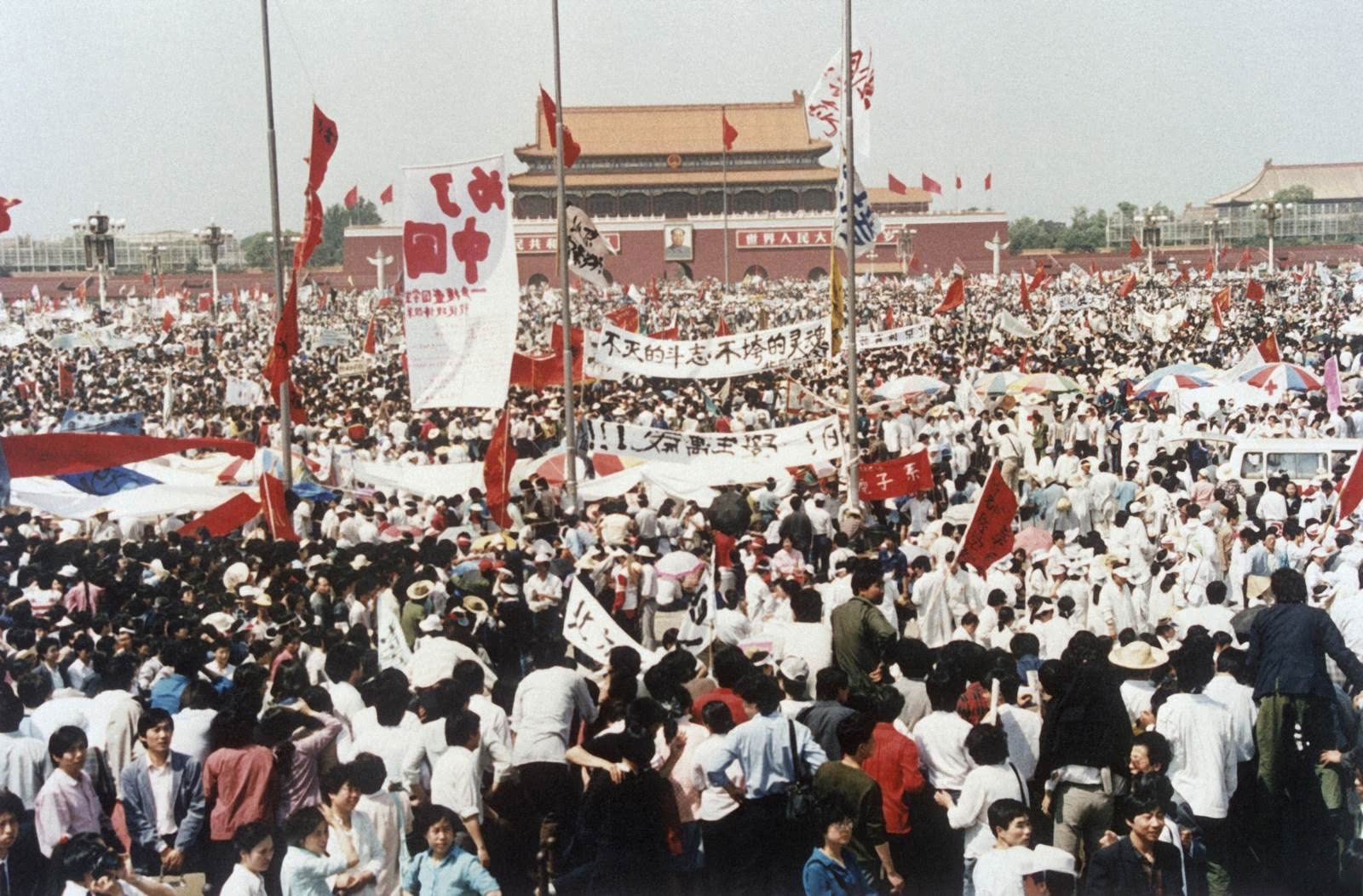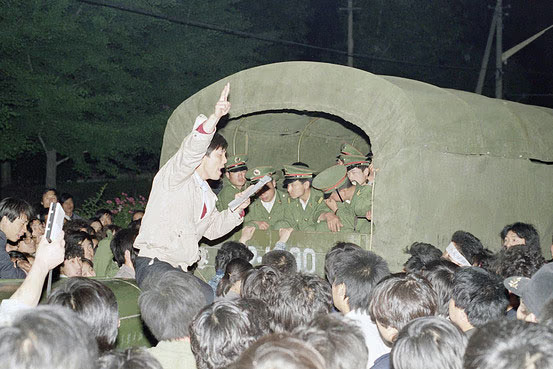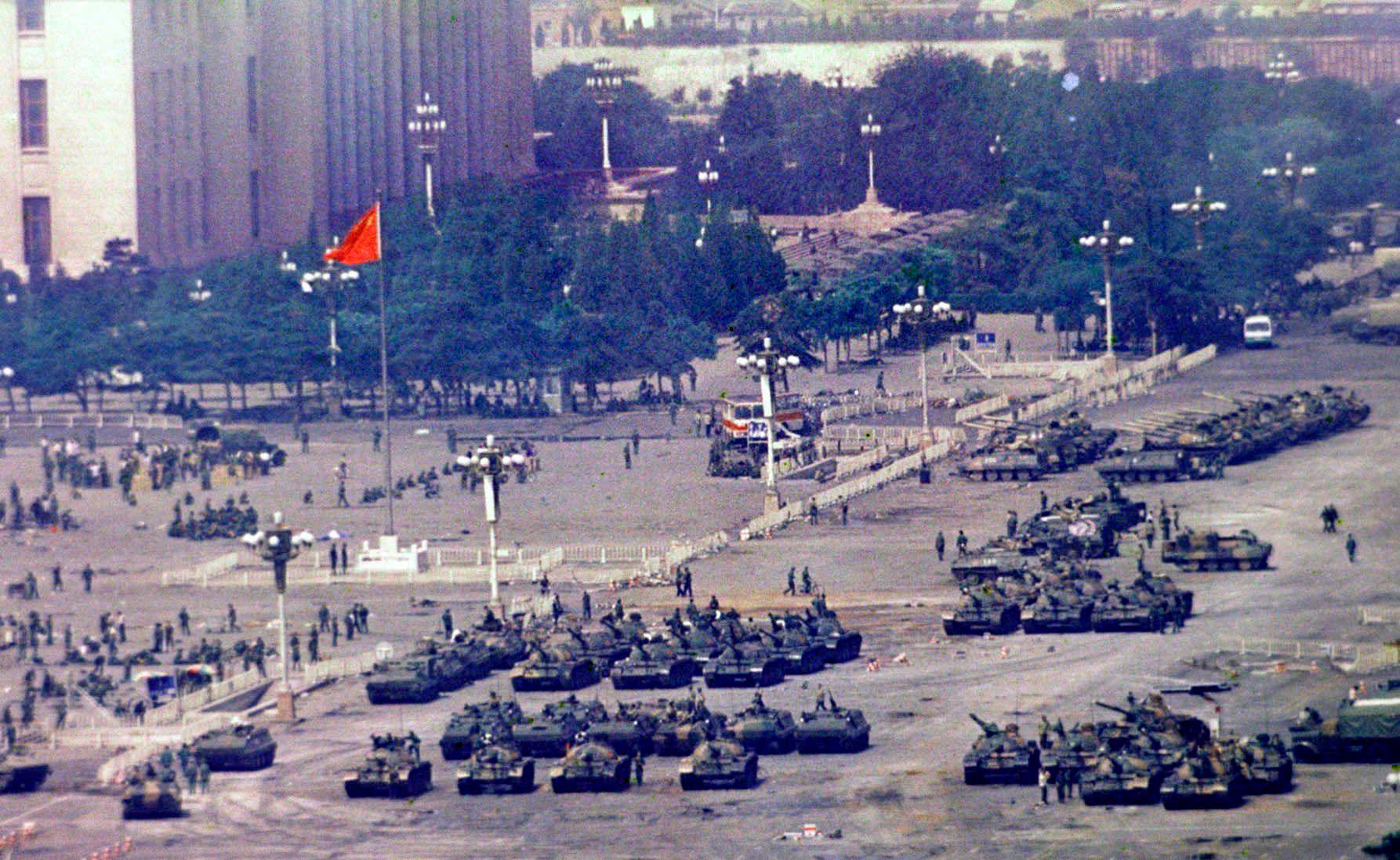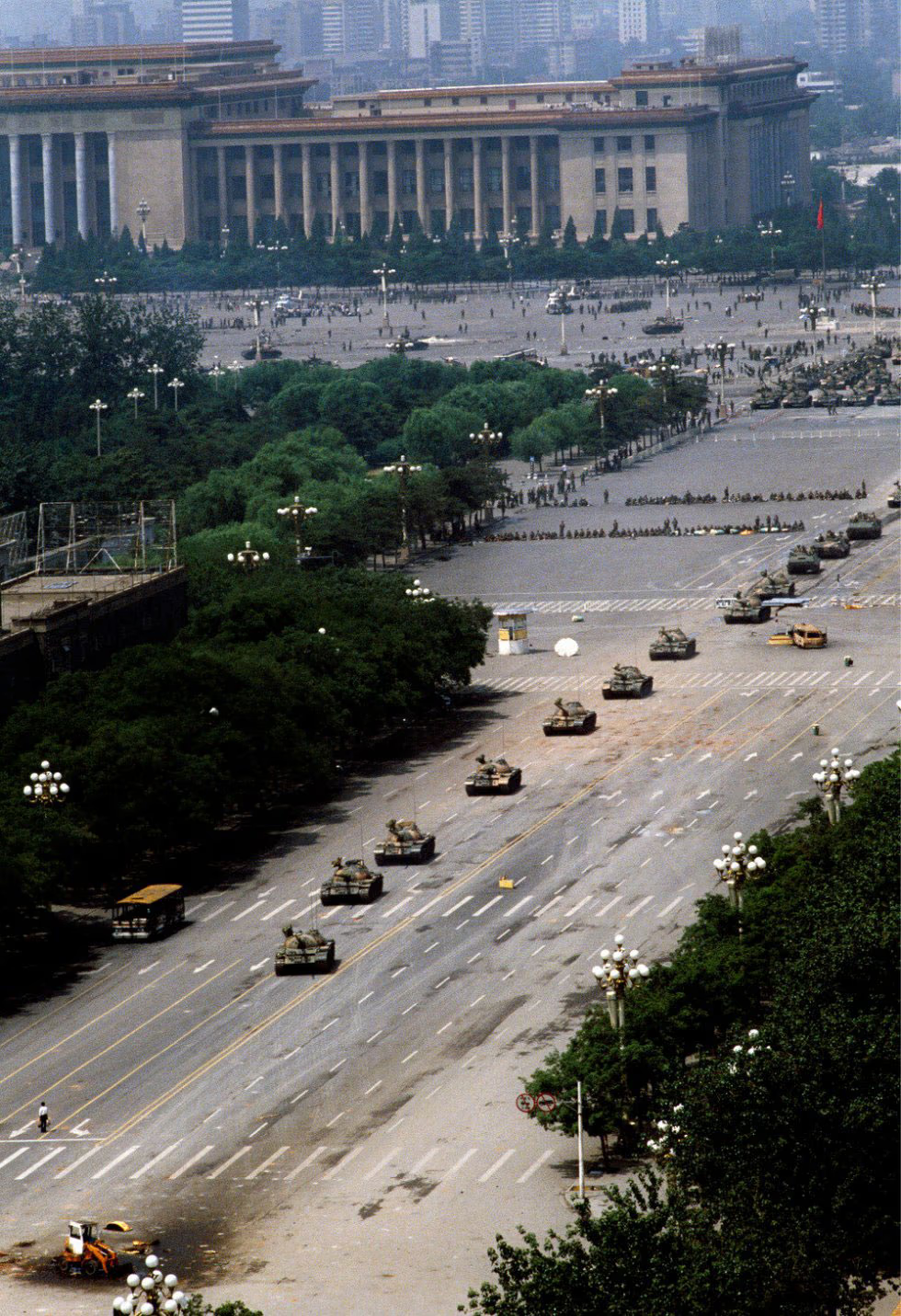As Chinese authorities continue efforts to erase the memory of June 4, 1989, Washington and Taipei have declared that the tragedy in Tiananmen Square will not be forgotten by the world.
Official figures on the death toll have never been released, but human rights organizations believe that hundreds or even thousands of people may have been killed during the crackdown by China’s People’s Liberation Army. The violence extended beyond Tiananmen Square itself to surrounding streets in central Beijing. There are also reports of fatalities during parallel protests in Chengdu, in the southwest of the country.
"Today, we honor the bravery of those in China who died trying to exercise their fundamental freedoms, and those who continue to suffer persecution for seeking justice and accountability for the events of June 4, 1989," said U.S. Secretary of State Marco Rubio in an official statement. He added: "The Chinese Communist Party actively works to obscure the truth, but the world will not forget."
Taiwanese President Lai Ching-te delivered a similar message. Writing on Facebook, he stated: "Authoritarian regimes often choose silence and forgetting, while democratic societies choose to preserve the truth and remember those who gave their lives—and their dreams—for the idea of human rights."

Thousands of pro-democracy demonstrators gather in Tiananmen Square. May 17, 1989.

On May 20, 1989, a Peking University student reads out the protesters’ list of demands to soldiers of the People’s Liberation Army in Tiananmen Square.
The protests that ended in bloodshed began several weeks before June 4. Led by students, the movement called on the Chinese Communist Party to implement democratic reforms. The demonstrations captured the world’s attention—until tanks rolled through the streets of Beijing.
June 4 remains one of the most heavily censored dates in China. The authorities not only suppress discussion of the tragedy but continue to refine sophisticated tools of control to prevent even indirect references—online or offline—to the events of 1989. Internet censors automatically delete any mention of the date, however veiled, while domestic activists are often placed under heightened surveillance or sent on forced "vacations" away from Beijing during this period.

Students sleeping in Tiananmen Square during the protests. May 21, 1989.

More than 1 500 people were sentenced to prison following the crackdown that began the next day. Tiananmen Square, Beijing. June 2, 1989.
A new study reveals that Beijing’s efforts to erase memory are not limited to China’s territory. According to a report published Wednesday by the human rights organization Article 19, in recent years Chinese authorities have carried out a large-scale campaign of transnational repression targeting critics of the Communist Party.
"The Chinese government is conducting a systematic international campaign of transnational repression aimed at protesters critical of the Chinese Communist Party," the report states. Uyghurs, Tibetans, and individuals from Hong Kong are among the most frequent targets of such pressure.

Preparations for the deployment of troops to Tiananmen Square.
According to data from Freedom House cited in the new report by human rights organization Article 19, since 2014 roughly 30% of all documented cases of physical transnational repression have been linked to China. This includes not only surveillance and intimidation, but also threats of abduction, forced repatriation—particularly near embassies and consulates—and retaliation against relatives remaining in China.
"Protesters targeted by transnational repression live in constant fear—for themselves and for their loved ones. This often leads to a breakdown in family ties," the report notes.

Tanks advancing toward Tiananmen Square. June 5, 1989.
Researchers note that as all forms of public commemoration of the 1989 events are eradicated within China, pro-Beijing actors are increasingly attempting to disrupt similar observances abroad.
In 2022, a replica of the famous "Pillar of Shame" statue—created by Danish sculptor Jens Galschiøt to honor the victims of June 4—was vandalized in Taipei. The original monument, which stood on the campus of the University of Hong Kong for 23 years, was removed by university authorities in 2021.
For many years, Hong Kong—and to a lesser extent, Macau—remained the only territories under Beijing’s control where public remembrance of the crackdown was still possible.
Following the 2019 protests and the subsequent crackdown on civil liberties, Hong Kong authorities have completely banned public commemorations of June 4. The longstanding tradition—a candlelight vigil in Victoria Park—has been replaced by a government-sponsored "food festival" held at the same site during the anniversary week. In recent years, some activists have been prosecuted for attempting to mark the date publicly.

Unknown man blocks a column of tanks in Beijing. June 5, 1989.
Hong Kong Chief Executive John Lee warned on the eve of the anniversary that "all activities on Wednesday must be lawful," but offered no specifics. The national security law, in force since 2020, has long been criticized for its vague language and broad interpretation of what constitutes a "crime."
One of the few groups in China still publicly speaking about the Tiananmen massacre is the Tiananmen Mothers—a collective of elderly women who lost their children in 1989. They continue to demand recognition of the tragedy and the truth. One of the movement’s founders, 88-year-old Zhang Xianling, said in a rare interview with Radio Free Asia that she still lives under constant surveillance. "I don’t understand what they’re so afraid of. I’m 88 years old. If I walk more than 200 meters, I need a wheelchair. Am I really that terrifying?" she said.
Testimony also came from former PLA soldier Li Xiaomin, who emigrated to Australia 25 years ago. In an interview with Taiwanese media, he spoke of his role in the events as a young serviceman. He said he chose to speak out as "a warning to the world"—and to Taiwan in particular, which faces the threat of annexation.
"Although the Chinese leadership views June 4 as a disgrace, its main takeaway is the necessity of strict control: suppression at an early stage, silencing public opinion, and ideological conditioning. Their goal is to crush any instability before it can take root," he told CNA.
Made in China

"At Any Moment"—China Raises Readiness for Invasion of Taiwan
Air Force, Navy, and Paratroopers on High Alert

China Rehearses a Blockade of Taiwan
Beijing is Pressuring the Island Through Drills, Laws, and Economic Leverage, Aiming to Break Its Resistance by 2027—Before the U.S. Can Intervene

An Alliance Doomed to Asymmetry
Why Strategic Rapprochement With China Is Leading to a New Russian Dependency

China Prepares for a Prolonged Trade War
Beijing Builds Economic Resilience and Bets on Domestic Demand

China Introduces Digital ID for Internet Users
The System Will Strengthen State Control Over Online Activity—and Could End Anonymity for Good

